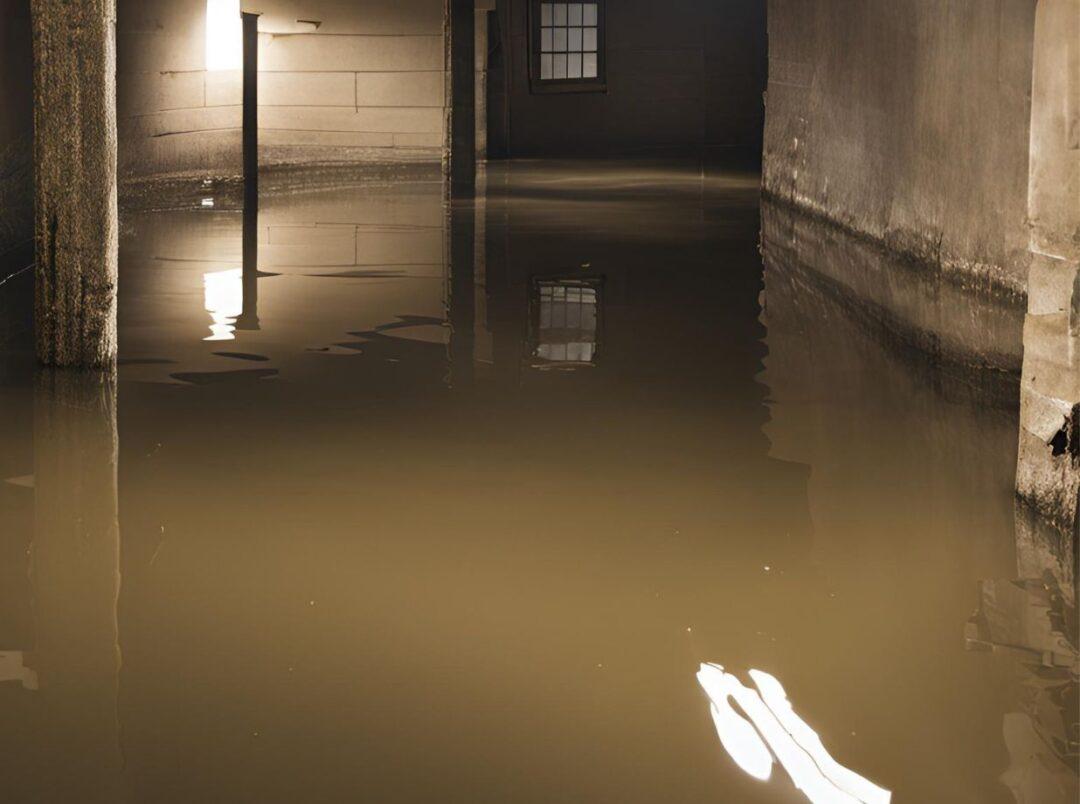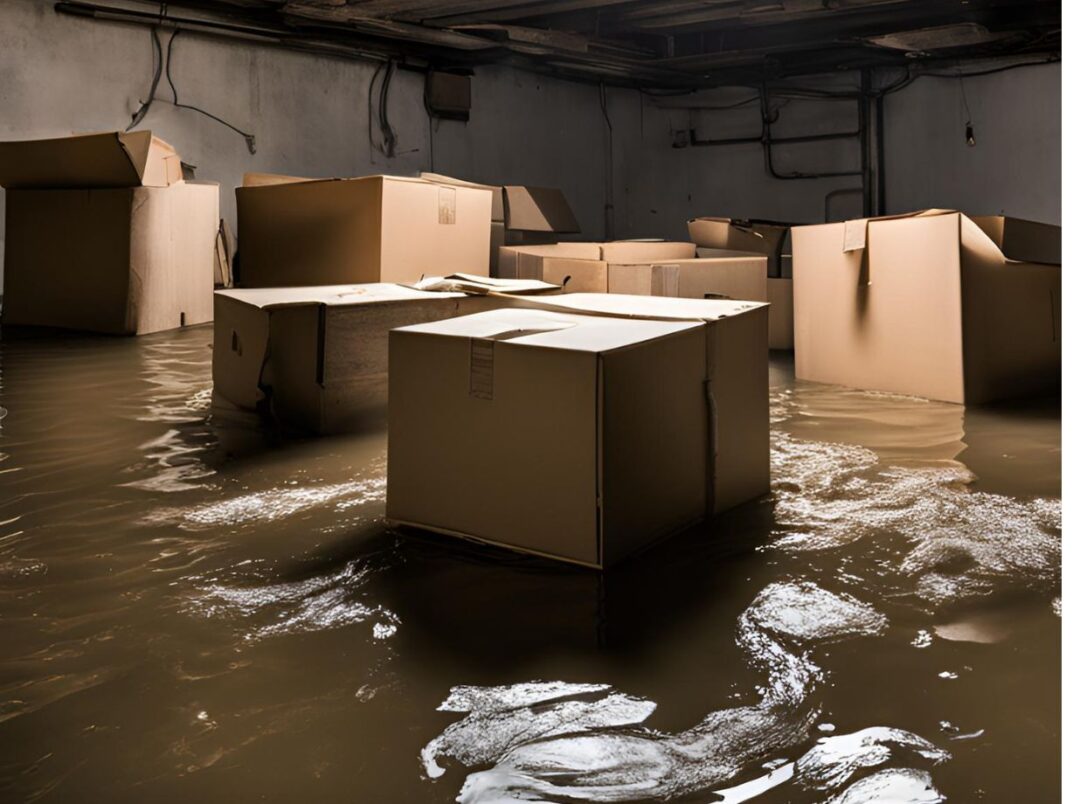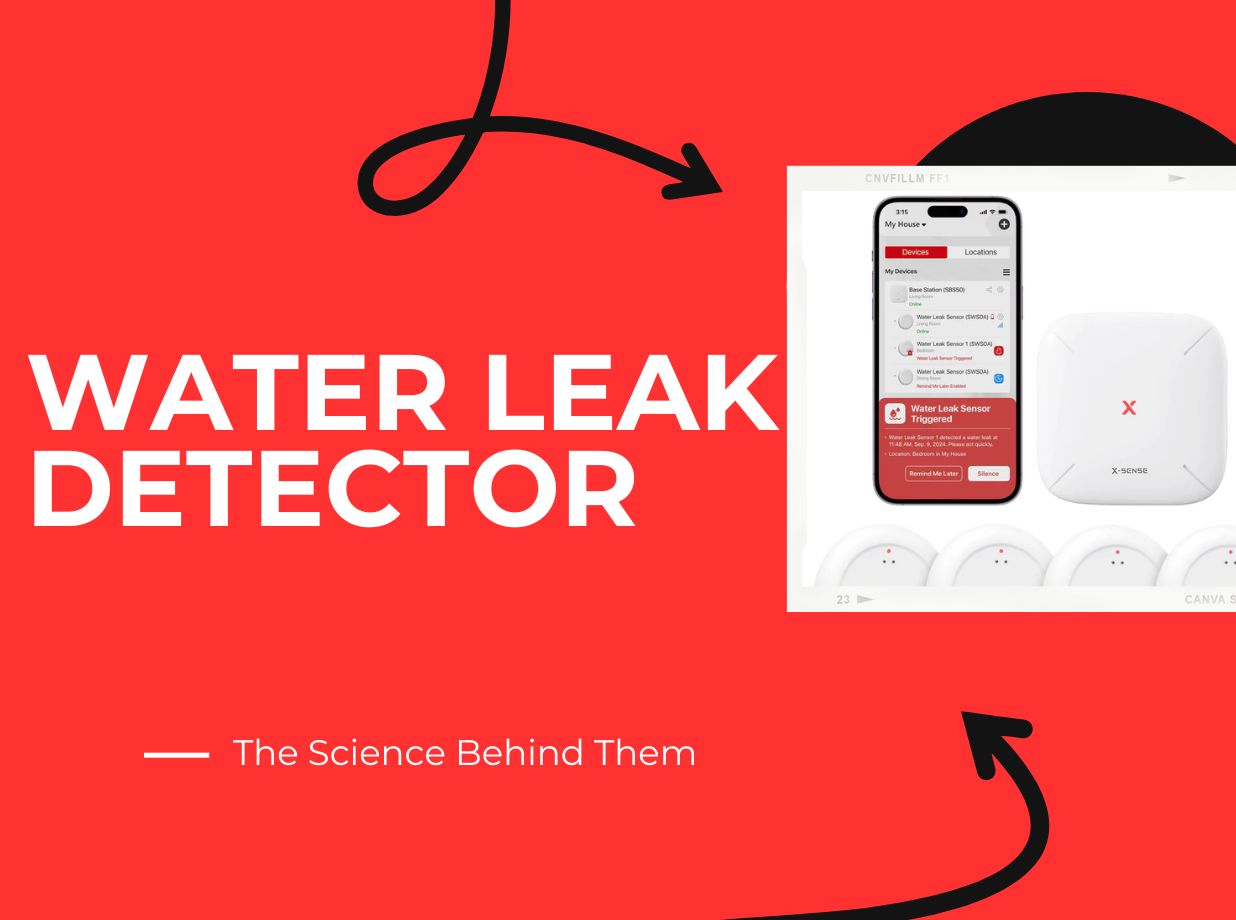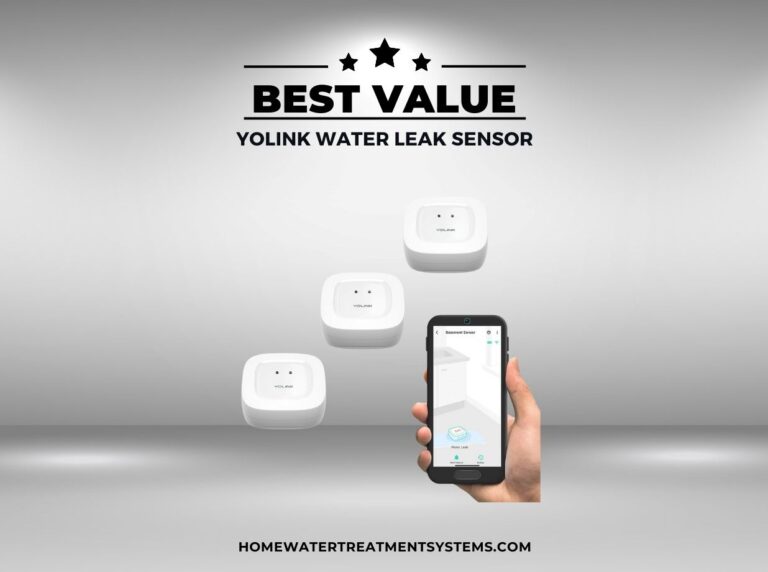The Science Behind Home Water Leak Detectors: A Closer Look
Home water leak detectors play a crucial role in safeguarding properties from potential water damage. Water leaks can occur due to various reasons such as burst pipes, faulty appliances, or natural disasters. The damage caused by water leaks can be extensive, leading to structural issues, mold growth, and costly repairs.
Home water leak detectors provide an early warning system, allowing homeowners to take prompt action and mitigate potential damage. By detecting leaks at an early stage, these devices help in preserving the integrity of the property and preventing financial losses. Water damage can be particularly devastating when it goes undetected for an extended period.
In addition to the structural damage, it can also lead to health hazards due to mold and mildew growth. Home water leak detectors offer peace of mind by continuously monitoring the premises for any signs of water leakage, ensuring that homeowners can address the issue before it escalates into a major problem.

How Home Water Leak Detectors Work
Home water leak detectors operate using various sensing technologies to identify the presence of water or moisture in a specific area. These sensors can be placed in strategic locations such as near water heaters, under sinks, or in basements where leaks are more likely to occur. When the sensors detect moisture, they trigger an alarm or notification, alerting the homeowner to the potential water leak.
Some advanced home water leak detectors are equipped with smart technology, allowing them to send alerts directly to the homeowner’s smartphone or other connected devices. This real-time notification enables swift action to be taken, even when the homeowner is away from the property. Additionally, some detectors can automatically shut off the water supply when a leak is detected, preventing further damage.
The Technology Behind Home Water Leak Detectors
Home water leak detectors utilize a range of technologies to detect water leaks, including conductive sensors, moisture sensors, and acoustic-based detection. Conductive sensors rely on the electrical conductivity of water to detect its presence, while moisture sensors use changes in electrical resistance to identify moisture accumulation. Acoustic-based detection involves listening for the sound of running water or dripping, which can indicate a leak.
In recent years, advancements in sensor technology have led to the development of highly sensitive and accurate detectors that can detect even small amounts of moisture. Additionally, integration with smart home systems and the Internet of Things (IoT) has enabled these detectors to provide seamless connectivity and remote monitoring capabilities.
Benefits of Using Home Water Leak Detectors
| Benefits of Using Home Water Leak Detectors |
|---|
| Early detection of leaks |
| Prevention of water damage |
| Reduced risk of mold and mildew |
| Lower water bills |
| Peace of mind |
The use of home water leak detectors offers several benefits to homeowners. Firstly, they provide early detection of water leaks, minimizing potential damage and reducing repair costs. By promptly addressing leaks, homeowners can avoid the inconvenience and disruption caused by extensive water damage restoration.
Furthermore, home water leak detectors contribute to water conservation efforts by preventing wastage due to undetected leaks. They also enhance overall property safety by reducing the risk of electrical hazards and structural weakening associated with prolonged exposure to water.
Choosing the Right Home Water Leak Detector for Your Needs
When selecting a home water leak detector, it is essential to consider factors such as the size of the property, specific areas prone to leaks, and desired features such as remote monitoring and automatic shut-off capabilities. Some detectors are designed for standalone use, while others can be integrated into existing smart home systems for seamless operation. Additionally, homeowners should evaluate the sensitivity and accuracy of the sensors, as well as the ease of installation and maintenance.
Understanding the unique requirements of the property will help in choosing a suitable home water leak detector that aligns with specific needs and preferences.
Installation and Maintenance of Home Water Leak Detectors
Proper installation and regular maintenance are crucial for ensuring the effectiveness of home water leak detectors. Installation typically involves placing sensors in key locations and connecting them to the central monitoring unit or smart home system. It is important to follow manufacturer guidelines and ensure that the sensors are positioned to cover areas susceptible to leaks.
Regular maintenance may include testing the detectors periodically to verify their functionality and replacing batteries as needed. Additionally, homeowners should keep the sensors clean and free from debris that could interfere with their ability to detect moisture accurately.
The Future of Home Water Leak Detection Technology
The future of home water leak detection technology holds promise for further advancements in sensor sensitivity, connectivity, and integration with smart home ecosystems. As IoT continues to evolve, home water leak detectors are likely to become more interconnected with other devices and systems, offering enhanced automation and control capabilities.
Furthermore, ongoing research and development efforts are focused on improving the efficiency and reliability of leak detection technologies, potentially leading to more sophisticated and proactive solutions for safeguarding properties against water damage.
With continuous innovation, home water leak detectors are expected to become an indispensable component of modern home security and maintenance systems. In conclusion, home water leak detectors serve as invaluable tools for protecting properties from the detrimental effects of water damage. By leveraging advanced sensing technologies and connectivity features, these devices offer early detection, real-time alerts, and proactive measures to mitigate potential leaks.
As technology continues to advance, home water leak detectors are poised to play an increasingly vital role in ensuring property safety and security.

Frequently Asked Questions
What is the importance of home water leak detectors? Home water leak detectors are important because they can help prevent costly water damage by alerting homeowners to leaks or potential leaks in their plumbing system. This early detection can save money on repairs and prevent the growth of mold and mildew.
How do home water leak detectors work? Home water leak detectors work by using sensors to detect changes in moisture levels. When a leak is detected, the detector sends an alert to the homeowner, either through a smartphone app, a loud alarm, or both.
What is the technology behind home water leak detectors? Home water leak detectors use a variety of technologies, including moisture sensors, Wi-Fi connectivity, and smartphone apps. Some detectors also use acoustic technology to listen for the sound of running water, while others use infrared technology to detect temperature changes that may indicate a leak.
What are the benefits of using home water leak detectors? The benefits of using home water leak detectors include early leak detection, which can prevent costly water damage, as well as peace of mind for homeowners who are concerned about potential leaks while they are away from home.
How can I choose the right home water leak detector for my needs? When choosing a home water leak detector, consider factors such as the size of your home, the type of plumbing system you have, and whether you want a detector that is connected to a smartphone app. It’s also important to consider the detector’s sensitivity and the range of its sensors.
How do I install and maintain a home water leak detector? Most home water leak detectors are easy to install and require minimal maintenance. It’s important to follow the manufacturer’s instructions for installation and to test the detector regularly to ensure that it is working properly.
What does the future hold for home water leak detection technology? The future of home water leak detection technology is likely to include advancements in sensor technology, as well as increased connectivity with smart home systems. This could allow for more seamless integration with other home automation devices and improved accuracy in leak detection.



